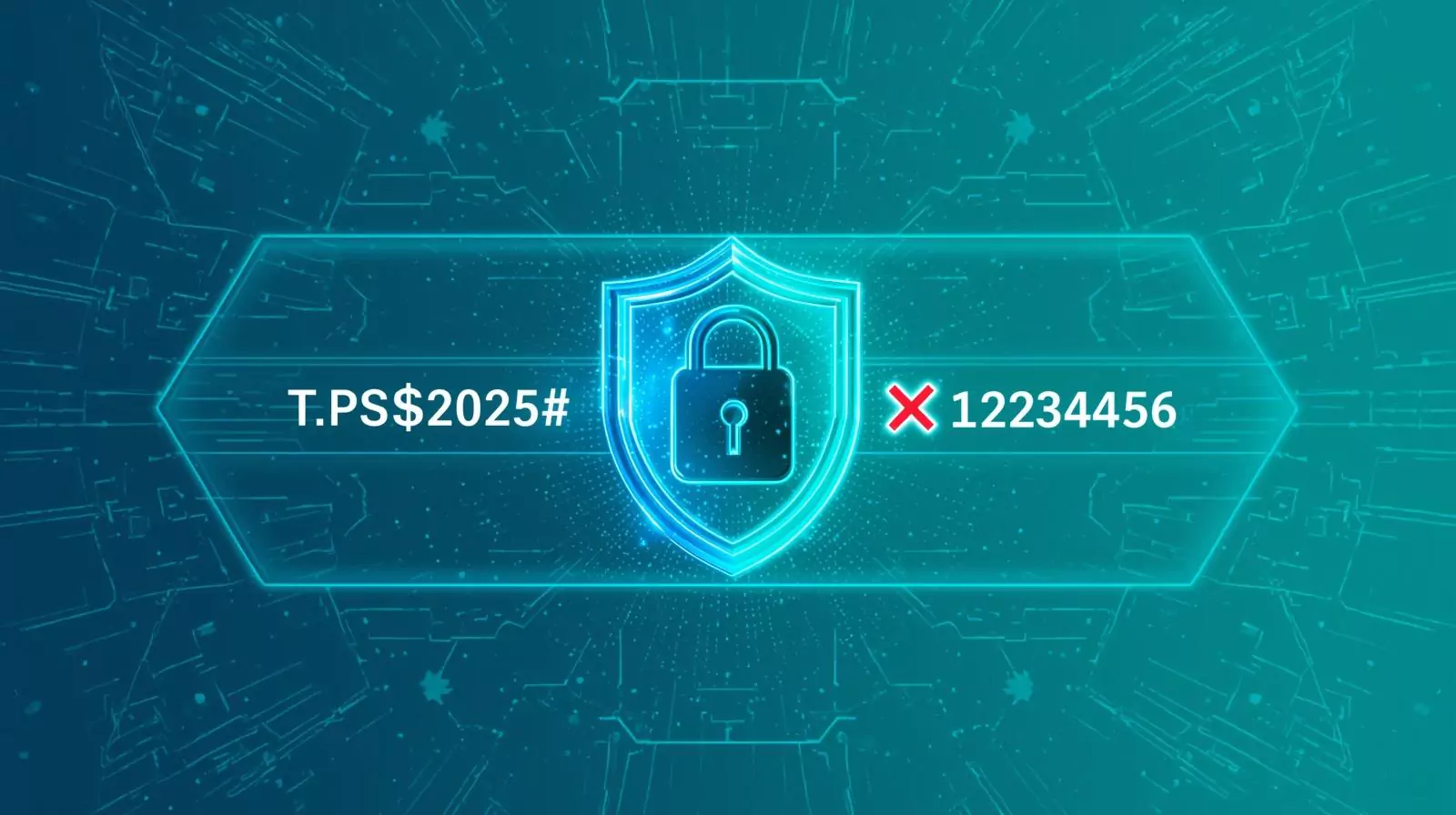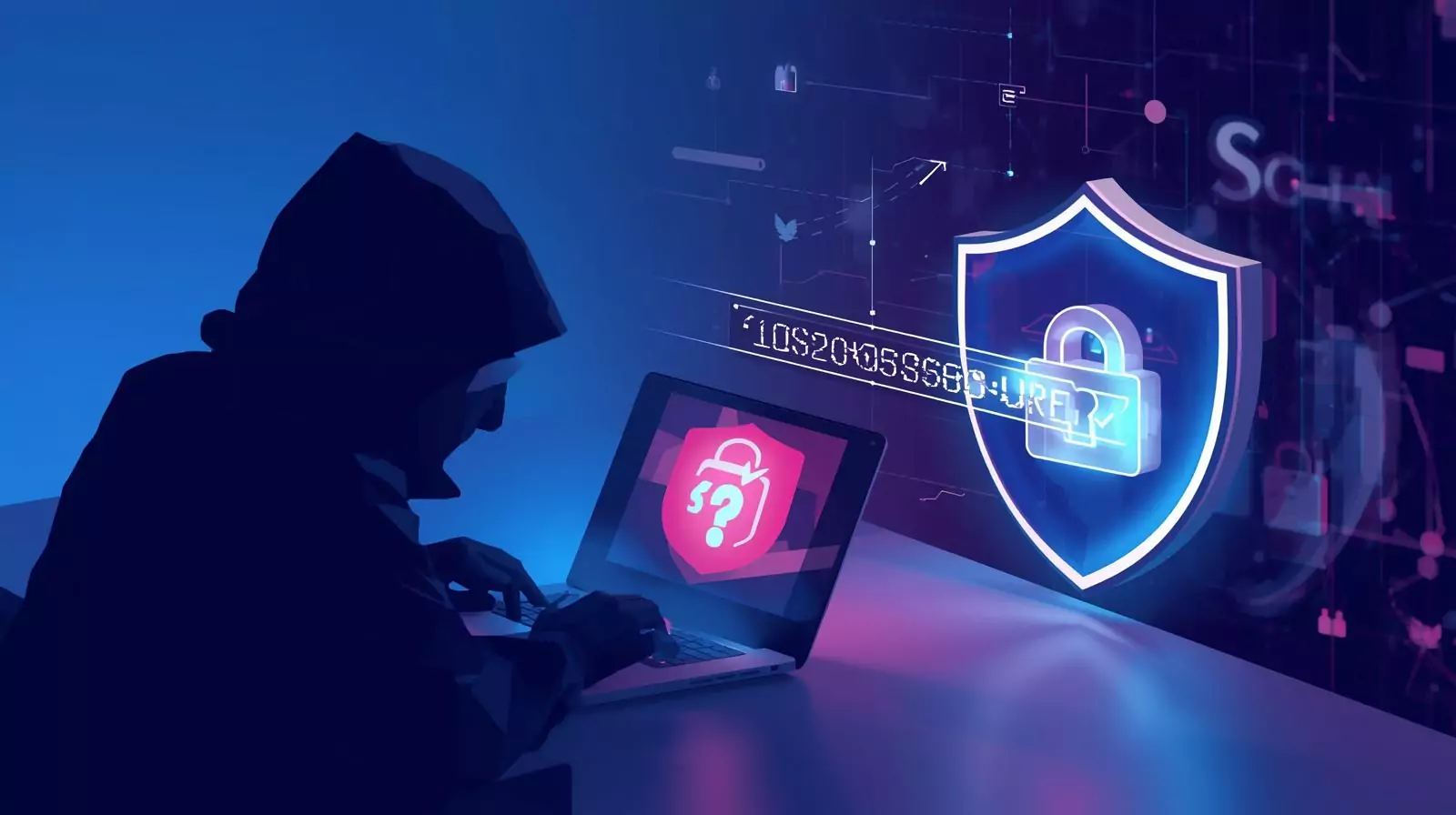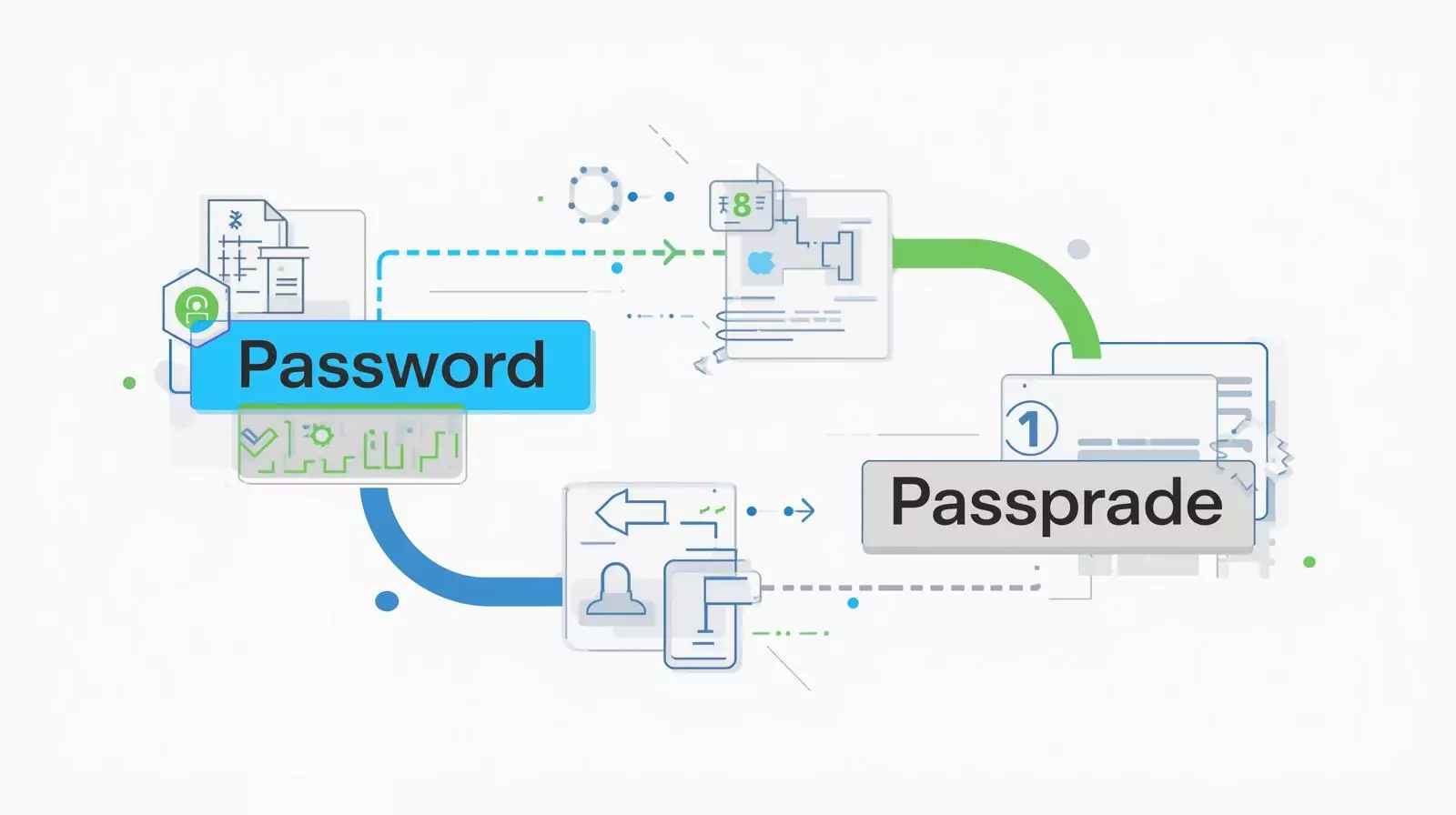There is a compelling reason to say that secure internet accounts are now desperately needed. With many cyber-attacks and unlawful activities taking place out there, the strength of your password is the first line of defense.
Password composition knowledge profoundly decreases unauthorized access chances for you, even when opening a new account or updating an old one. In this article, we share simple yet effective tips for creating a strong password in 2025, ensuring that the integrity and security of all your online dealings are maintained.
Table of Contents
ToggleWhy Creating Strong Password become important in 2025?
Using sophisticated techniques, cybercriminals are cracking weak passwords by means of sophisticated tools. Your personal information, financial details, and private correspondence become vulnerable to hacking via a weak password. Recent studies show that stolen passwords account for more than 81% of data breaches. This is why it’s so important to spend the effort generating a powerful password.
Even though nowadays many online services require multi-factor authentication, a really problematic password will always be your main barrier. A password that is easily guessable or has been used before can lead immediately to monetary losses, identity theft, or account hijacking. Password security is a method that changes with the times.
Best Practices and Top Tips for Strong Password In 2025
1. Use a Combination of Characters
Q: What characters should I include in a strong password?
A: Include numbers, special symbols (like @, #, $, %, ^, &), as well as uppercase and lowercase letters. A varied cast of characters complicates password cracking by hackers using brute-force techniques.
2. Make Your Password Difficult and Extended
Q: How long should a strong password be?
A: Aim for at least twelve to sixteen characters. Longer passwords offer hackers more permutations to try, hence enhancing your security.
3. Stay Clear of Conventional Words and Phrases
Q: Why should I avoid using everyday vocabulary or phrases?
A: Your password is left open when you use simple guessable words like “password,” “123456,” or “qwerty.” Instead, use arbitrary symbols or unrelated words.
4. Employ a Random Password Generator
Q: What makes a password really random?
A: For you, use a strong password generator program that generates erratic, difficult passwords. These resources provide originality for your password and help you to circumvent expected patterns.
5. Avoid Using the Same Password for Several Accounts
Q: Why is using passwords repeatedly risky?
A: Should one account be hacked, attackers could try the same password on other platforms, thus risking many breaches. For every account, always use different passwords.
6. Activate Two-Factor Authentication (2FA)
Q: What benefits for security come from 2FA?
A: Even the most secure password is open to exploitation. By demanding a second verification stage, like a code delivered to your phone, 2FA provides another degree of security.
7. Change Your Passwords on A Regular Basis
Q: How frequently should I rotate my passwords?
A: Change your passwords every three to six months, particularly for delicate accounts like social media, banking, or email.
8. Use a Password Manager
Q: Why should I use a password manager? What exactly is one?
A: A password manager safely saves and handles all of your passwords; hence you only have to remember one solid master password. This lowers the difficulties of handling several complicated passwords.
9. Check Your Password Strength
Q: What indicates that my password is sufficiently powerful?
A: Check your password’s security level with a password strength assessment program. It offers comments on how to become better.
10. Stay Away from Personal Information
Q: Should I add personal data like my name or birthdate?
A: No. Hackers often find personal information internet or easily speculate. Your passwords should be distinct from your personal information.
11. Add Passphrases
Q: A passphrase is what it is better than?
A: A passphrase is a phrase composed of arbitrary words or a sentence that is simple to remember but difficult to decipher. For instance, “Blue$Tiger*Jazz#42” uses words and symbols for strength.
12. Restrict Special Characters
Q: Ought many special characters be utilized?
A: Although they improve your password, overdoing it could cause passwords to become difficult to recall. Balance memorability with complexity.
13. Avoid Keyboard Arrangements
Q: Why should I avoid using patterns such as “qwerty” or “asdf”?
A: Common techniques that hackers frequently attempt first are these. Develop unexpected combos instead.
14. Develop Distinctive Passwords for Confidential Accounts
Q: For strong passwords, which accounts should I give priority to?
A: Email, banking, social media, and work-related accounts should always have the most secure, unique passwords.
15. Use A Strong Password Generating
Q: How can a strong password generator aid?
A: A strong password generator saves time and work by producing challenging, random passwords that hackers would find hard to decode.
16. Check Passwords Before You Use Them
Q: What’s the best approach to confirm my password’s strength?
A: Examine your password with a password strength checker and get suggestions for enhancement.
17. Watch for Phishing Efforts
Q: How may I prevent being duped by phishing schemes?
A: Never input your passwords on suspect sites. Search for safe HTTPS connections and always confirm the URL.
18. Safeguard Your Passwords
Q: The most effective method of saving passwords is what?
A: Avoid writing passwords down in unsafe places and use a reliable password management program.
19. Become Knowledgeable About Cybersecurity
Q: How can I keep abreast of password security?
A: Learn best practices for 2025 and beyond by following cybersecurity news, going to workshops, or reading manuals.
Final Considerations
Creating strong passwords is an ongoing process that evolves together with technology. On pairing up and implementing all the above-discussed concepts, i.e., check the strength of your passwords, use a password generator, and don’t set the same passwords for multiple accounts. Moreover, add a layer of security by using two-factor authentication.
Staying informed and engaged with cybersecurity will enable you to sidestep future issues. Following these suggestions will help you to protect your digital life in 2025 and forward. For more information, Create Password Generator offers experts to help with your business requirements.



